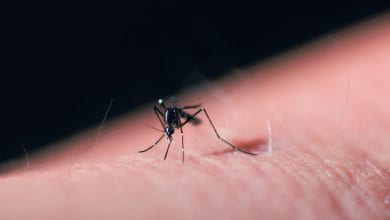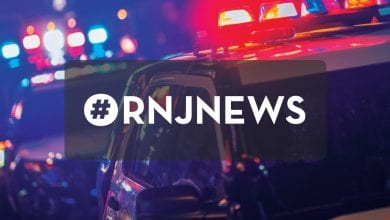
Bill to encourage participation in Low Income Household Water Assistance Program approved
NEW JERSEY – Legislation sponsored by Senator Kristin Corrado that would help more struggling households to get assistance with their water bills was approved by the Senate Economic Growth Committee.
“The federal government provided $24 million dollars to fund the state’s Low Income Household Water Assistance Program, but more than $17 million of the remains unspent,” said Corrado (R-40). “That’s because most water and sewer companies in New Jersey do not participate in the assistance program, which prevents their customers from benefiting from this federal aid. This bill aims to boost participation in the program to help more eligible homeowners before the deadline this September.”
The Low Income Household Water Assistance Program (LIHWAP) is a federal program established under the American Rescue Plan to provide financial assistance to water service providers who service low- and medium-income households that have fallen behind on their payments.
At the state level, the New Jersey Department of Community Affairs (DCA) is responsible for administering the program and has until September to distribute the remaining funds. To receive funds, however, water service providers must enter a vendor contract with the DCA.
Senator Corrado’s bill, S-3333, compels water companies to participate in the program by prohibiting non-participating water service providers from taking action against a household for unpaid bills.
Under the bill, water service providers who fail to participate in the program or do not allow an eligible customer to receive assistance, would be prohibited from shutting off water services for customers who have fallen behind on their payments until October 1st, 2023. Additionally, local authorities and municipal utilities who do not participate in the program would be prohibited from placing a lien on a customer’s property to satisfy an overdue balance.
Water service providers would also be required to inform customers of their eligibility to participate in the LIHWAP through customer bills, postings on the water utility’s website, and through any written communication in connection with an unpaid bill.
Any company, local authority, or municipal utility that violates these prohibitions or other provisions included in the bill would be subject to a monetary penalty.
“The Murphy administration continues to sit on billions of unspent federal relief dollars instead of getting it into the hands of those who need help, including with their water bills,” Corrado said. “Struggling families shouldn’t be at the mercy of their water company’s decision to participate in this valuable assistance program. Our legislation will get relief funds that are sitting unused to water customers who need help.”




